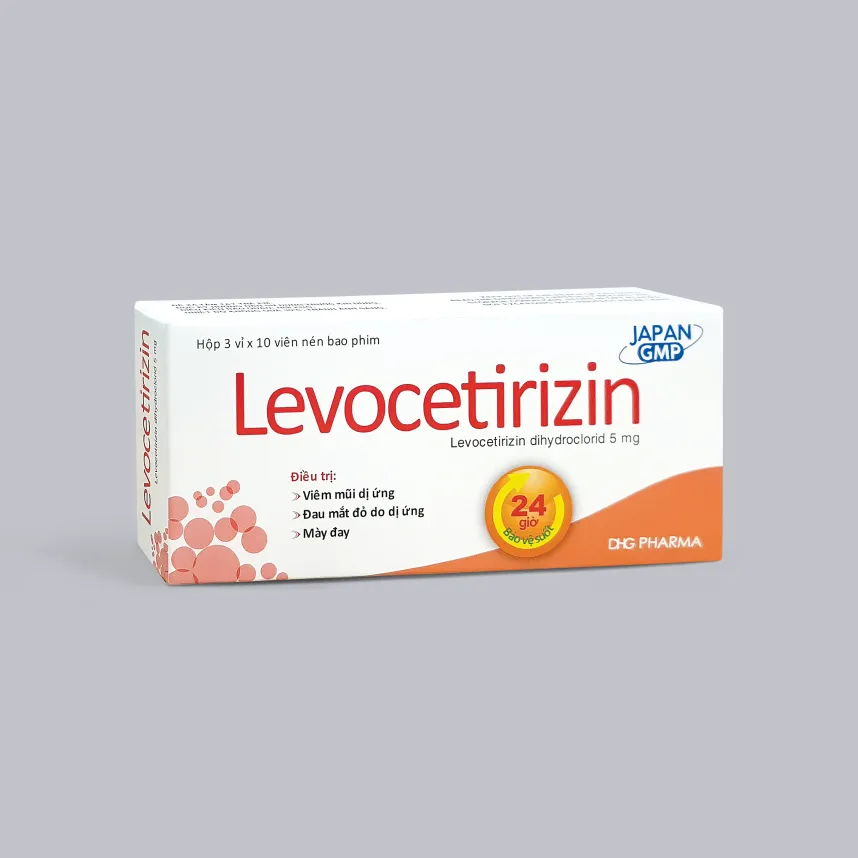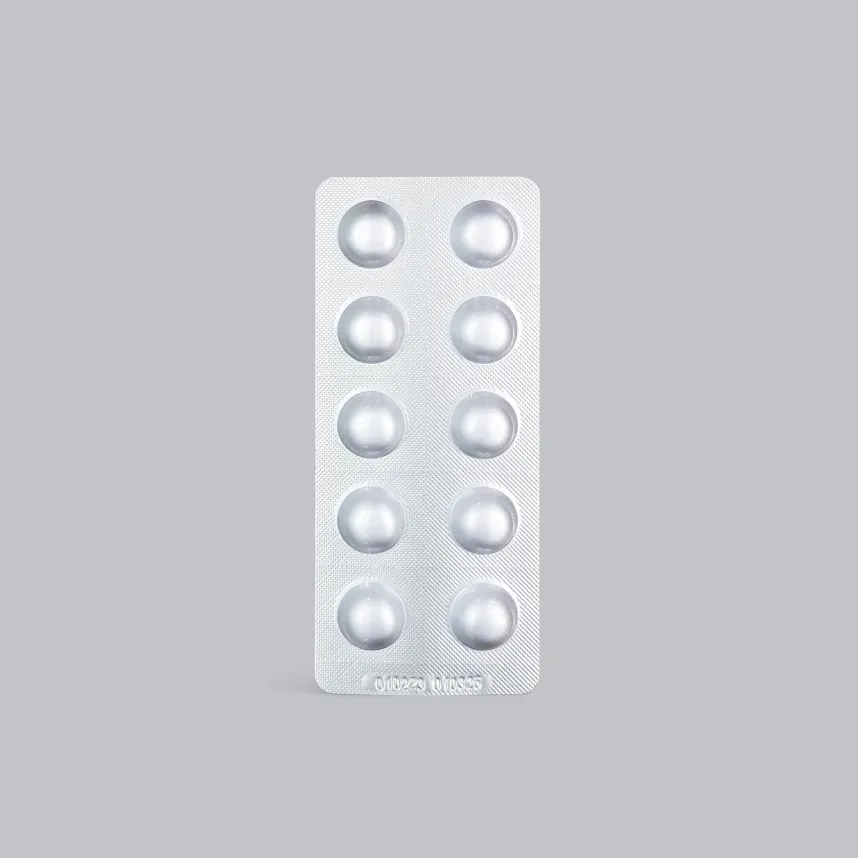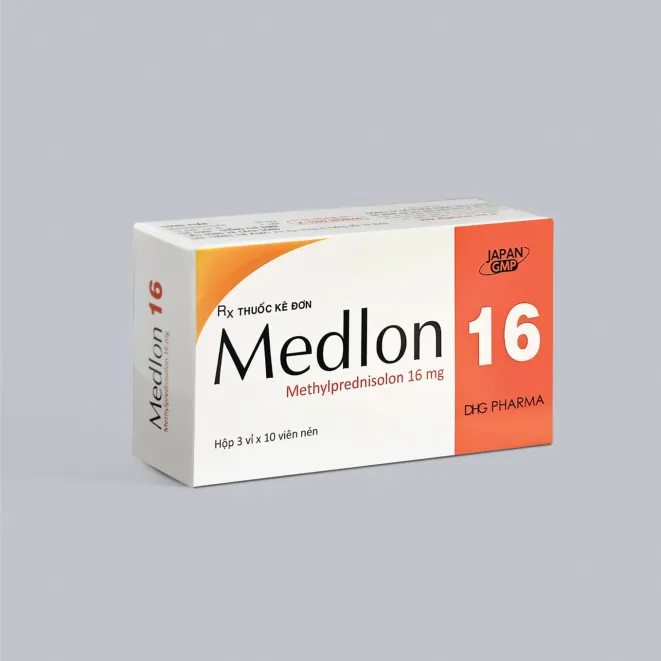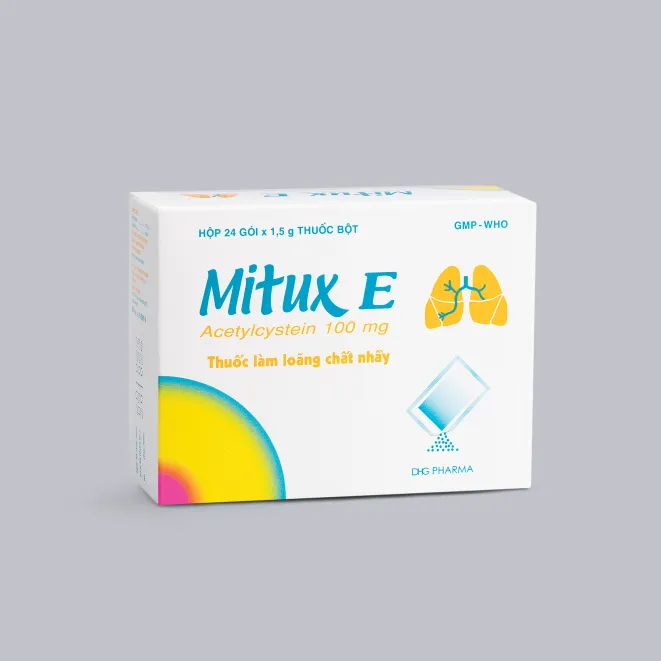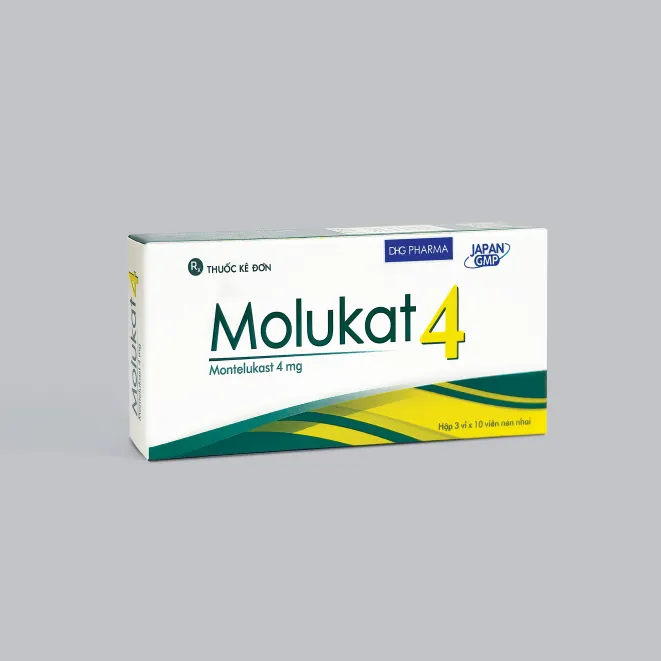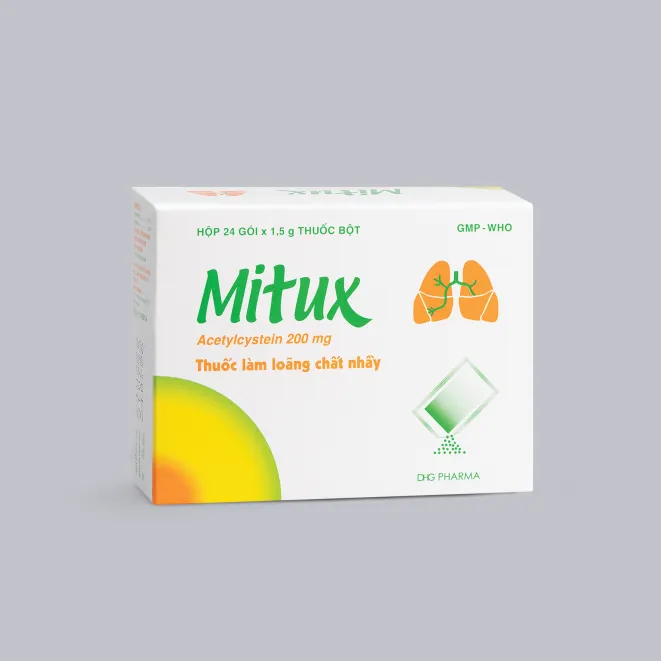Register an account - receive thousands of information
You will be one of the first to receive information, news, recruitment news... from DHG Pharmaceutical Joint-stock Company as soon as possible. Register today to enjoy thousands of incentives from DHG Pharmaceutical Joint-stock Company.

